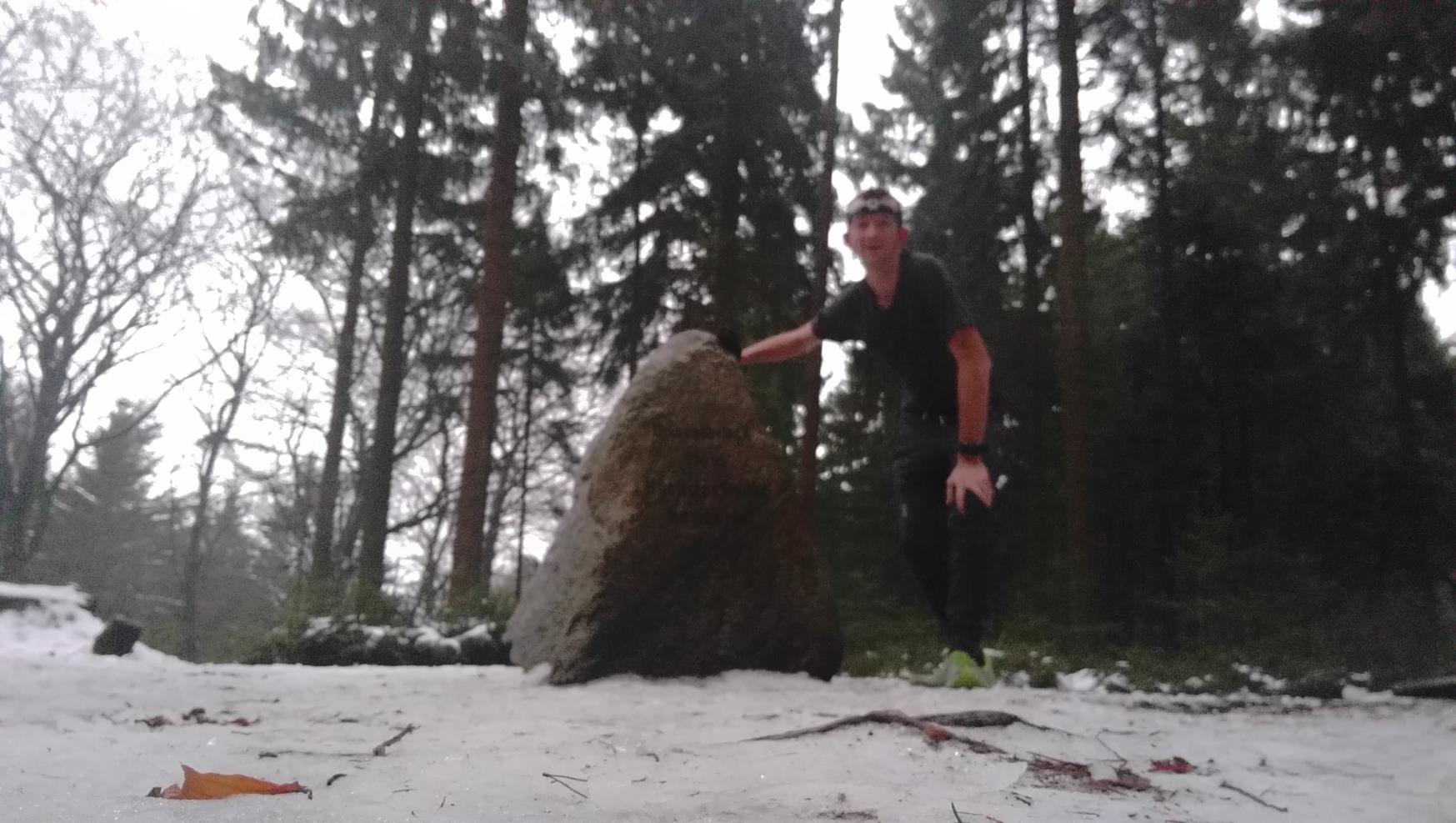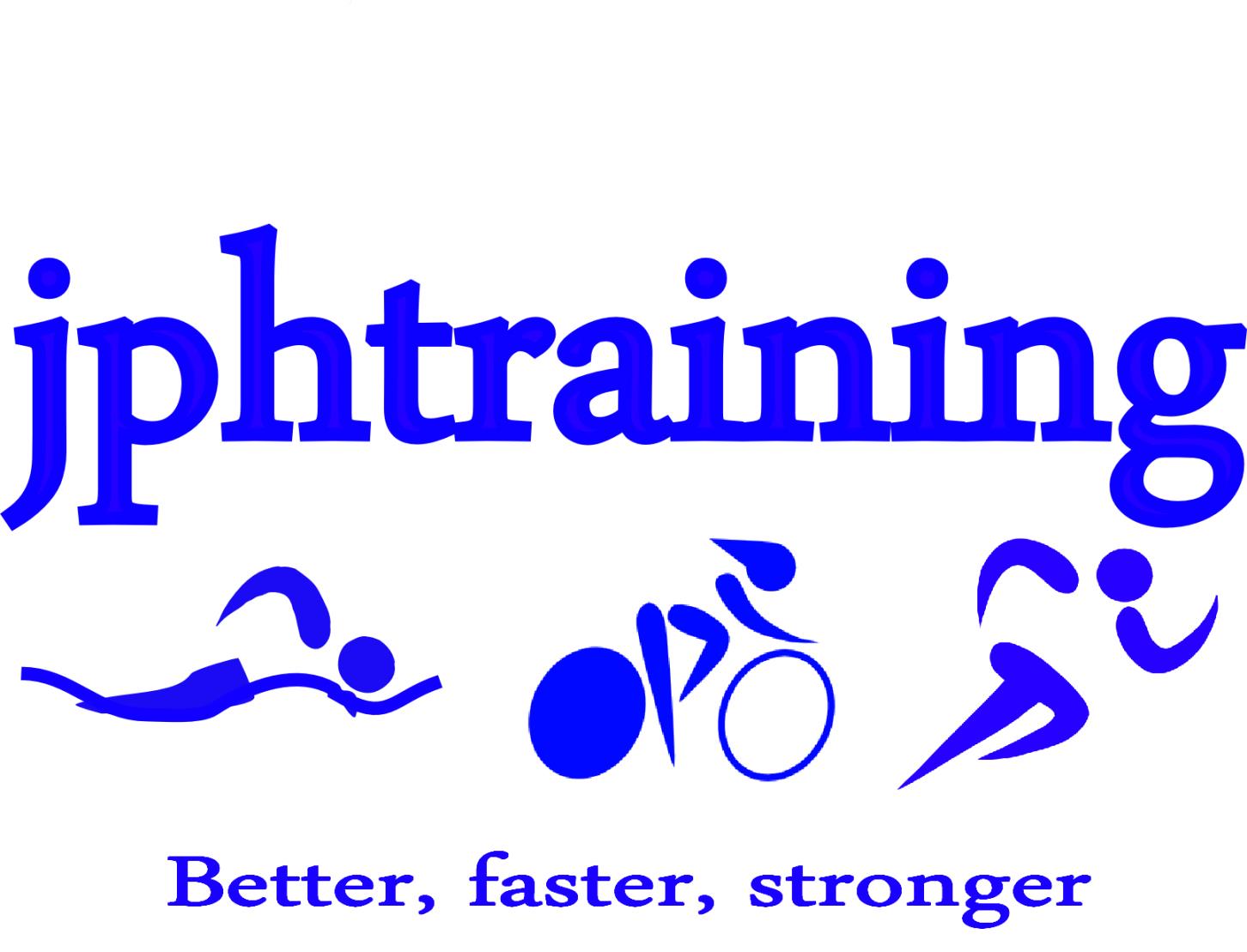The JPH experience, my road to the 2017 Hamburg Marathon-Part one
Race Preparation, May 05, 2017
Planning a Marathon is very individual and lots of factors effect. This year I wanted to run a marathon in spring in around 2 hours 30 minutes, but without training like a sub elite. I didn't believe that someone needed to run between 140-160km to achieve this. The next few articles will be able my journey.
The JPH Experiment is sadly nowhere near as cool or mind-blowing as the Jimi Hendrix Experience, but it still was entertaining for me, and hopefully will provide something for other people.
"To give anything less than your best is to sacrifice the gift." — Steve Prefontaine
This is one of my favourite quotes, and it is something that I am reminded of when I cannot train due to illness. It is a gift to be able to go out and train, participate in sport, and even be competitive. There are a lot of people for one reason or another this is not possible, so when I am fit then I want to train and make the most use out of my gift. In the next few articles I will discuss, what I did before starting my build up,what my build up looked like, and how the race unfounded.
In the last few years I have not really being able to show my fitness or really try to perform due to periods of sickness, fatigue, or just feeling totally out of rhythm. 2016 ended with me not feeling that great, but with a few goals in mind. What was important was that these goals were process based in that I was not overly concerned about being able to reach a certain time, or position in a race I was just concerned in improving me. I wanted to see what would happen if I put in some controls and benefits to get me fitter and healthier again.

Once I had improved there I wanted to see what level of performance I could achieve on a reduced training load. Basically I wanted to train myself exactly how I would train a client.
Everything that I write in a training plan for an athlete is something that I have tried out in training at one time or another. I think this is an absolute must for every coach, as they will know how that effort, interval, or workout will feel like, how fresh you should be for it, and of course how you are going to feel afterwards.
However, previously I have still trained a lot than your average athlete for a few reasons including the fact that I wanted to get as close to running 2:20 as possible, and also my body could handle a lot of volume without breaking down. So a week that would include 180-200km of running or 800km or more of cycling would previously not leave me overly tired, sore, or sick. Now a few things restrict me from doing that, but I still wanted to get the most out of my training budget.
As I previously mentioned before I addressed my training I had to improve the foundations to my general well-being. Without making adjustments there eventually there was going to be issues again.
Since my children were born my sleep volume, quality, and patterns have not been good. I would wake easy, I would try to cover work late at night when I had peace, or my sleep would always be broken. This is something that isn't new to parents of young children, but it was something that I would have to adjust and improve. I knew I would not be able to go from 3-5 hours of sleep to getting 8-10 hours of sleep, as I have to get up at 06:25 at least 5 days a week, and on Mondays and Thursdays I didn't get home until after 10pm , which meant the earliest I would be in bed was 11:30.
However, I still set myself goals. If I could get to bed before midnight every night and try to get to bed a bit earlier on the other nights, and certainly going to bed earlier on Sundays then my sleep would improve on average, but I would also have some nights where I was getting almost double the amount of sleep I would normally get.
That was the first corner piece I wanted to correct the second was one that I was doing well in, but also one that I knew it could be better;my nutrition. It was not about totally changing things, but just controlling them better, which not only meant eating the right things, but also not overeating. Sometimes when I have been training a lot and tired I started to eat a lot as my brain was thinking, “you are tired and you are training a lot, so maybe you need some more energy” I would eat a bit more and still be tired. Sometimes we are just tired and rather adding in additional calories that we don't need it makes sense just to get more rest. Some things I did increase eating were vegetables, nuts, and fish while reducing my intake of beer, chocolate, pantries, and rubbish snack food.
The more I controlled my eating the better I felt. I never starved myself, but tried to stick to constant eating patterns. I had a diet that was high in good fats, had no additional sugar, never had a soft drink, and I reduced the amount of carbohydrates I ate, but still had them when appropriate.
I stepped on the scales probably less than 5 times between December and April, because the weight is not important. Sometimes our health suffers because we chase a certain weight, but the fact is as long as you are not extremely overweight your weight is just a number. If you weigh less of course it is easier to cover a Marathon course,but you don't want to risk getting sick because you are dropping weight too quickly, or unable to train properly because you are dehydrated or extremely undernourished. Just focus on eating well and reducing the junk out of your diet. I dropped from 68kg to 63.5kg in those four months through this process. Like in training the one thing that makes the biggest difference is consistancy. Eat well, train well, reduce the junk, and month on month things will get better.
The last thing I of course had to consider was my training budget; how much time do I have to run, how much time do I need to do additional things outside of work and training, how much time do I want to devote to running, what things do I need to include, and what things do I want to include in my training.
Once all these things were set it was possible for me to start planning what I was going to do from January until April.
How that looked and why I will discuss in part two.
